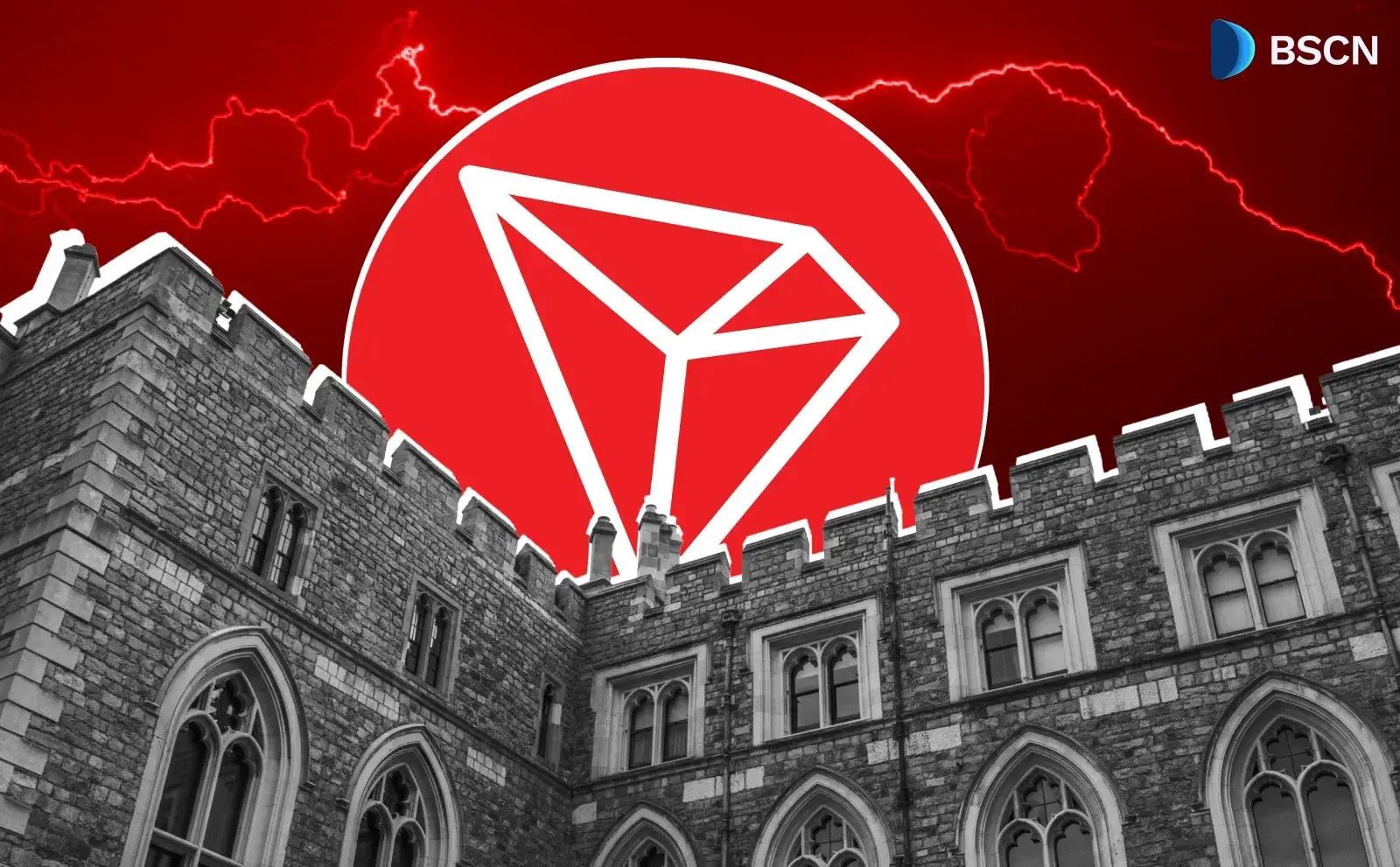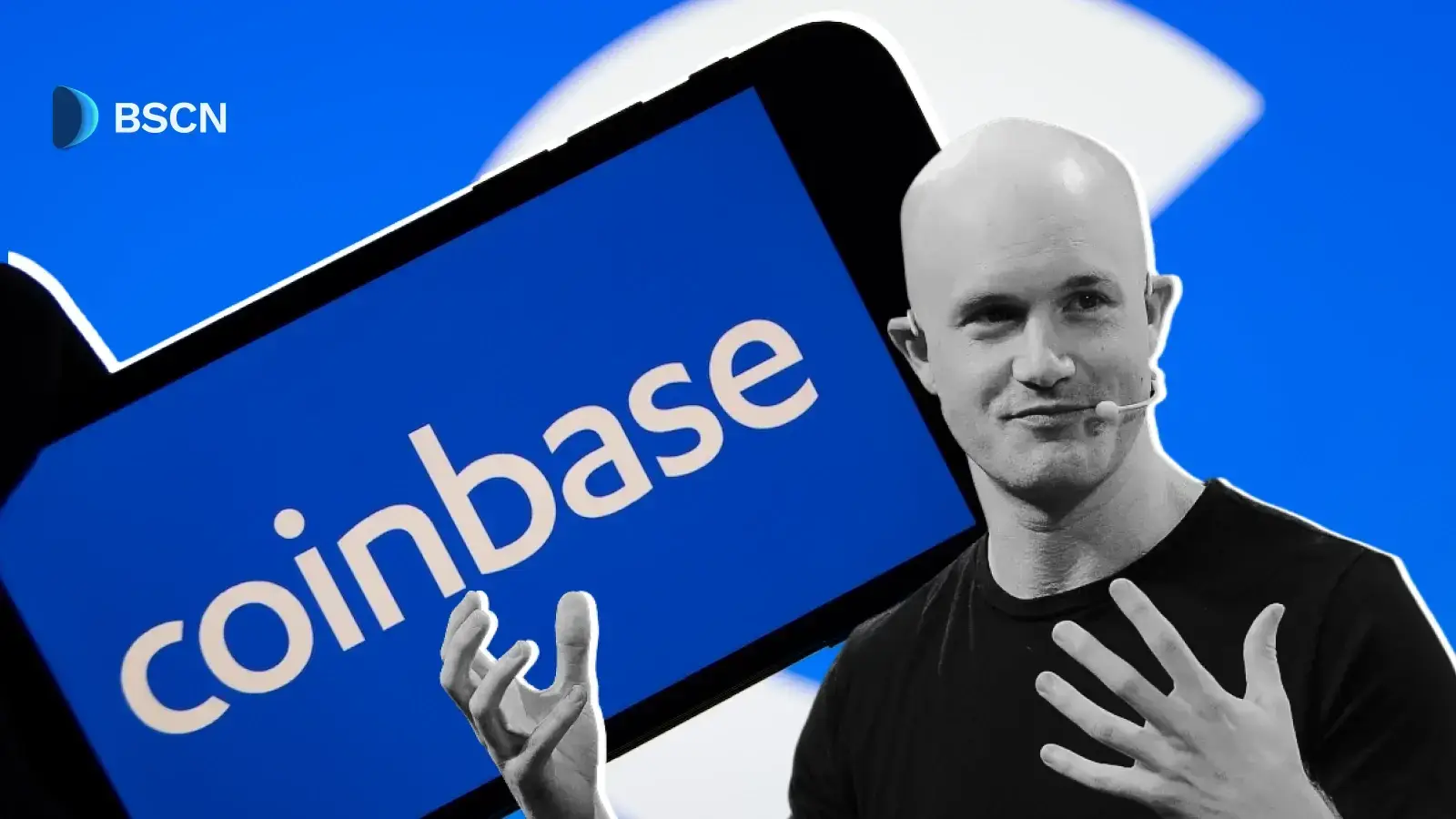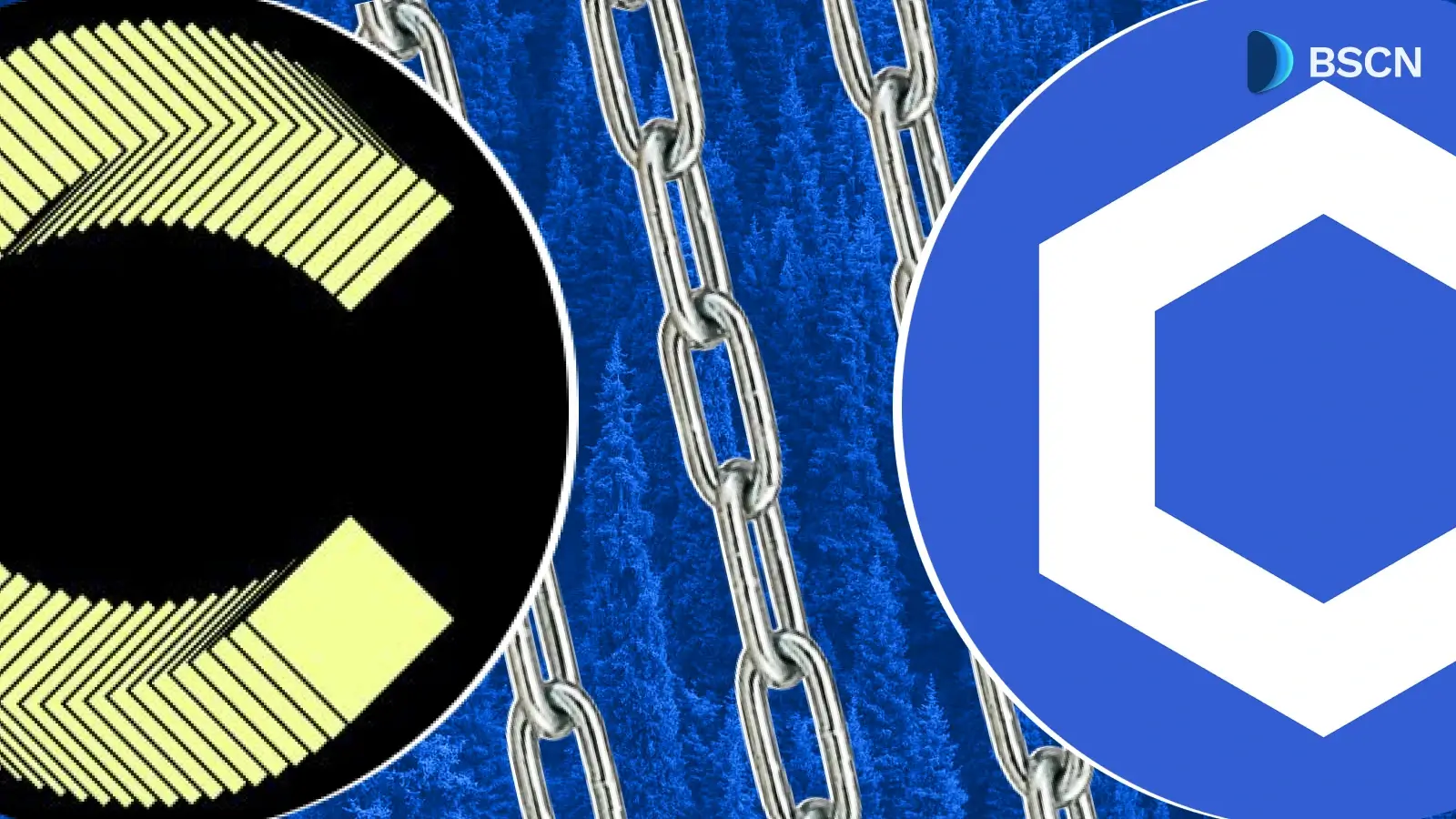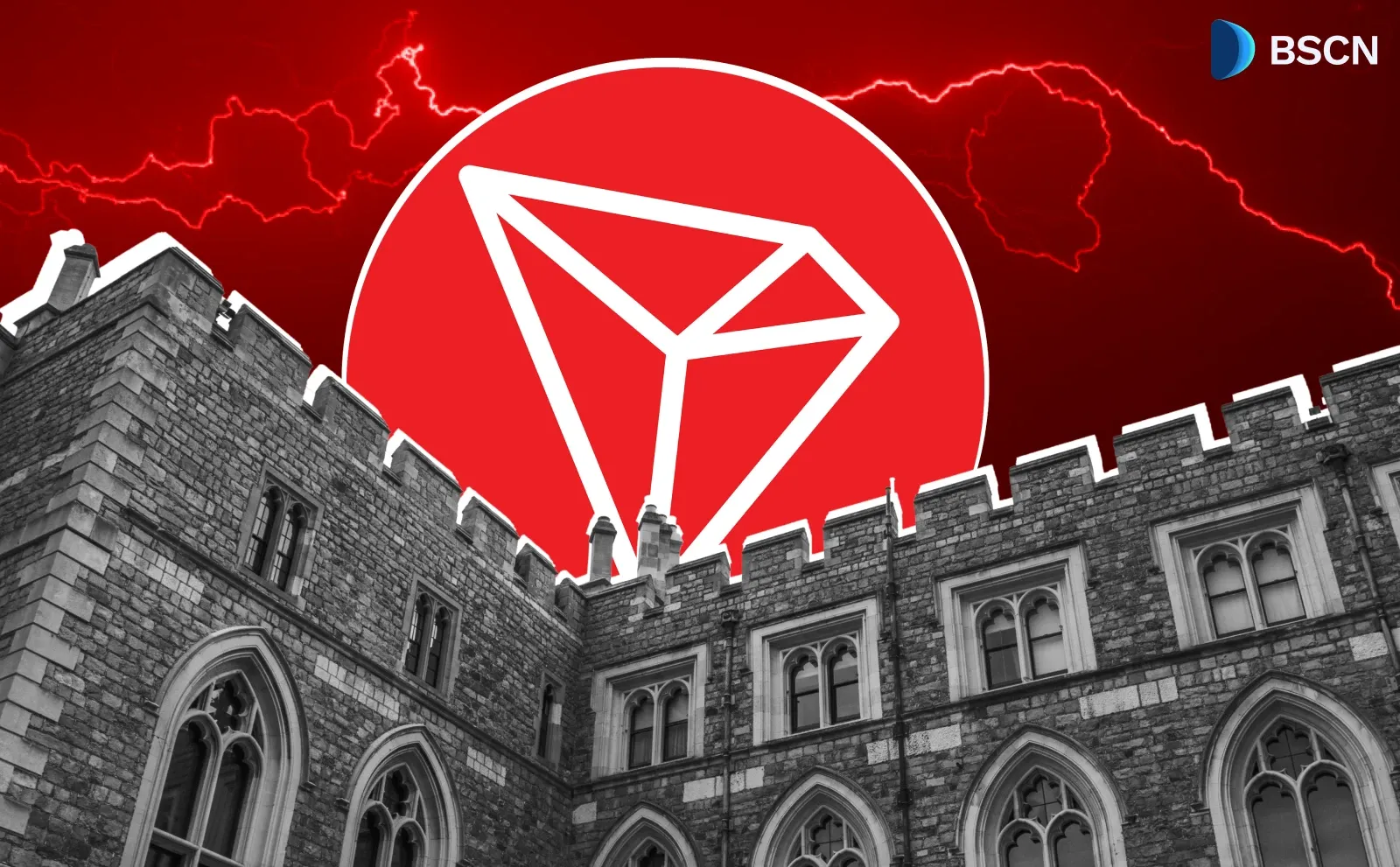What Vitalik Buterin’s New Privacy Strategy Means for Ethereum

The plan outlines both short- and long-term steps to make Ethereum transactions and app interactions more private—without overhauling the network’s core consensus protocol.
Soumen Datta
April 14, 2025
Table of Contents
A New Vision for Ethereum Privacy
On April 11, Vitalik Buterin unveiled a new roadmap to bring privacy to Ethereum without altering its core protocol. Published on the Ethereum Magicians forum, this vision outlines a future where users can transact and interact on-chain without sacrificing their privacy. The key idea? Make privacy the default, not the exception.
Buterin’s plan targets four areas:
- Making on-chain payments private
- Anonymizing actions in dApps
- Keeping data reads confidential
- Ensuring anonymity at the network level
The proposed upgrades are ambitious but aim to be practical. They focus on wallet-level changes and progressive protocol updates rather than radical overhauls.
Why Privacy Now?
Ethereum has evolved into the leading smart contract platform. But with growth comes scrutiny. As users embrace DeFi and dApps for everything from finance to social media, the lack of built-in privacy becomes a risk.
Buterin’s move signals a shift in Ethereum’s priorities: from scalability to user protection. He wants privacy that works out of the box—no need for special wallets or complex setups. Just one interface with a “shielded balance” ready to go.
How Wallets Will Change
The first changes are coming to the wallets we use every day. In Buterin’s words, wallets should let you “send from a shielded balance” by default. This avoids making users choose between regular and private modes.
Another key idea is “one address per app.” If a user interacts with five dApps, they’d use five separate addresses. This breaks the link between activities, making tracking much harder. While it may feel clunky at first, Buterin believes it’s a “bullet we need to bite.”
Technical Tools for a Private Future
To bring this roadmap to life, Ethereum needs powerful tools—some already here, others still in development.
Short-term tech:
- Trusted Execution Environments (TEEs): These secure parts of a processor protect your data when using RPC nodes.
- Private Information Retrieval (PIR): A cryptographic tool that lets users fetch blockchain data without revealing what they’re looking for.
Long-term tech:
- FOCIL (Fork-Choice Enforced Inclusion Lists): A new mechanism to stop censorship of transactions.
- EIP-7701: A proposed update to Ethereum’s account abstraction. It would let privacy protocols operate without relying on relays, improving decentralization.
These upgrades are designed to let privacy tools like Tornado Cash or Railgun function securely, without relying on centralized broadcasters or special intermediaries.
A Better Way to Handle RPC
Right now, wallets connect to a single RPC (Remote Procedure Call) node to interact with Ethereum. This creates privacy risks. Buterin wants wallets to use multiple RPC servers—or even a separate one for each dApp.
He also suggests exploring mixnets, a technology that obscures metadata to improve privacy further.
Over time, TEEs will give way to PIR-based systems. These cryptographic tools are harder to compromise and offer stronger data protection.
Balancing Privacy and Performance
The Ethereum community is cautiously optimistic. Many support the push for privacy but worry about scalability and complexity. Some believe zk-tech—like zero-knowledge rollups—will be key to success. Others raise concerns about how added privacy may impact network efficiency, especially with Ethereum’s Spectra upgrade on the horizon.
Buterin acknowledges the risks. His roadmap focuses on modular improvements that can be layered on top of the existing Ethereum structure. This approach reportedly lowers the chances of destabilizing Ethereum’s layer 1.
The Ethics of App Building
Buterin’s roadmap comes with a message: apps must reflect the ethos of Ethereum. He argues that Ethereum is only “50% general-purpose.” The other 50% depends on developers’ ethics and goals.
In his view, developers should focus on building tools that respect users and decentralization. He praises platforms like Railgun, Farcaster, Signal, and Polymarket. Each represents what Ethereum should become—privacy-respecting, open, and useful beyond just speculation.
He’s also clear about what Ethereum shouldn’t become. Buterin slammed projects like Terra/Luna, Pump.fun, and FTX. He sees them as hype machines with no regard for user safety or sustainability.
Making Privacy Affordable
One challenge with privacy tools is cost. zk-proofs and shielded transactions often carry higher fees. Buterin proposes proof aggregation protocols that can lower those fees by bundling multiple proofs into one.
This change would make private transactions more accessible to everyday users, not just advanced developers or whales.
Ethereum’s Social Layer
Buterin argues that Ethereum’s greatest strength is its social layer—the community, developers, and values behind it. He compares it to C++, which works no matter what its creator believes. Ethereum is different. Its mission and values shape how it evolves.
This means that apps must be built with a purpose. Not just to make money, but to solve real problems. Apps, in Buterin’s view, are “80% special-purpose.” What they do depends on what their creators believe Ethereum should be.
What’s Next for Ethereum?
If Buterin’s roadmap succeeds, Ethereum could become the first mainstream blockchain where privacy is the default. Transactions could remain private, yet verifiable. Users could interact with dApps without creating a public trace.
It’s a long road, and many pieces are still in development. But the plan is clear: Ethereum wants to become not just more scalable or efficient—but more ethical and user-first.
This roadmap may define the next phase of Ethereum. And if it works, it will reshape the conversation around blockchain privacy for years to come.
Read Next...
Disclaimer
Disclaimer: The views expressed in this article do not necessarily represent the views of BSCN. The information provided in this article is for educational and entertainment purposes only and should not be construed as investment advice, or advice of any kind. BSCN assumes no responsibility for any investment decisions made based on the information provided in this article. If you believe that the article should be amended, please reach out to the BSCN team by emailing [email protected].
Author
 Soumen Datta
Soumen DattaSoumen has been a crypto researcher since 2020 and holds a master’s in Physics. His writing and research has been published by publications such as CryptoSlate and DailyCoin, as well as BSCN. His areas of focus include Bitcoin, DeFi, and high-potential altcoins like Ethereum, Solana, XRP, and Chainlink. He combines analytical depth with journalistic clarity to deliver insights for both newcomers and seasoned crypto readers.
Crypto Project & Token Reviews
Project & Token Reviews
Comprehensive reviews of crypto's most interesting projects and assets
Learn about the hottest projects & tokens

















